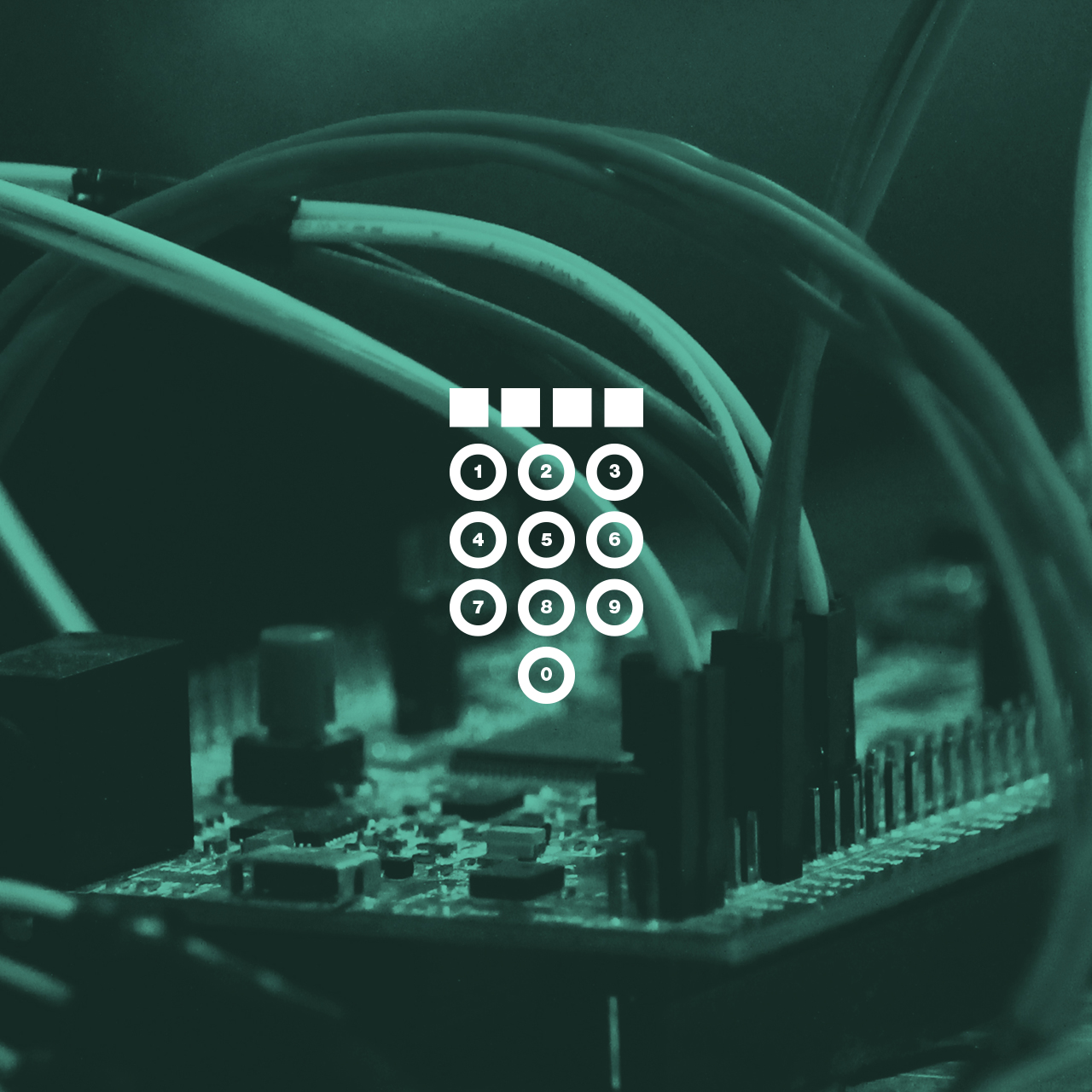After weeks of heated discussions, the International Telecommunication Union Plenipotentiary Conference closed on November 7th, ending on a significantly lighter note than the controversial 2012 World Conference on International Telecommunications (WCIT). Internet governance expert Avri Doria attended the conference in Busan, South Korea, better known as “the Plenipot,” on behalf of Access. Below are her impressions of the outcomes of the conference.
Introduction
A tape loop of pop, classical, and trance music is blaring through the conference room as I await an important announcement on Palestinian and Ukraine Internet issues. I came to this meeting as a member of the U.S. delegation as this was the only way to attend the meetings in person (the ITU rules only allow civil society representatives to participate via national delegations). Except for what I was able to say inside the delegation and to colleagues, I pretty much took an oath of silence for the duration of the event.
For those of you who are new to the ITU, this three-week conference is held once every four years, where member states set the strategic direction for the intergovernmental organization, examine financial plans, elect new members of the Secretariat leadership, and may even revise the ITU’s constitution, charter, or bylaws.
Since the WCIT in 2012, many have feared that the Plenipot would end in another crisis, or worse yet would result in the destruction of the Internet as we know it. Instead the conference ended in harmony with the Internet unscathed. In fact, it is possible that the Internet is better off now as the ITU has seemingly found its role in the complex world of Internet governance and has clarified its responsibilities under its current mandate particularly around development and capacity building. Furthermore, there seemed to be an acknowledgement that the ITU’s mandate does not and should not extend to regulating content.
In summary, this was a successful Plenipot conference. The participating countries reached consensus and everyone left having achieved at least some of their goals. Neither the ITU constitution nor the charter were changed, a good thing because changes may very well have expanded the ITU’s mandate into issues of Internet policy that are best dealt with by other existing institutions. In addition, the ITU gained a better understanding of the need to work with the many stakeholders within the Internet ecosystem, as well as the ways through which it can have a positive impact on some issues that fall within its mandate. Significant gains were also achieved in terms of opening up some ITU processes and access to documents.
To download the full brief detailing the outcomes of major points of discussion at the Plenipot click here.
